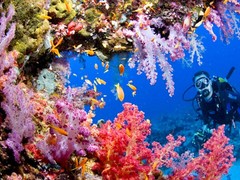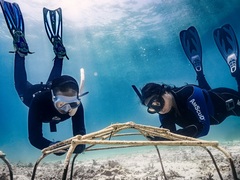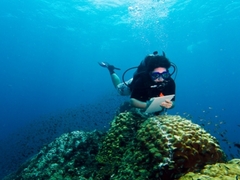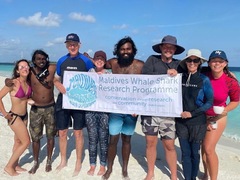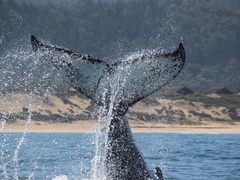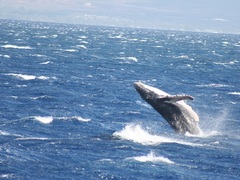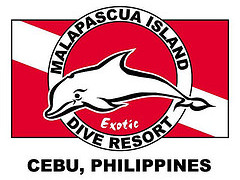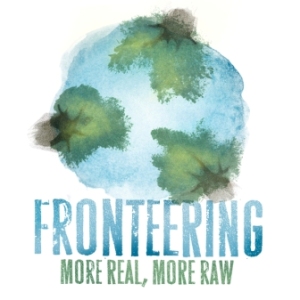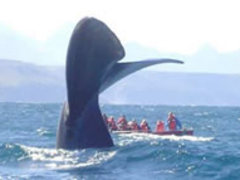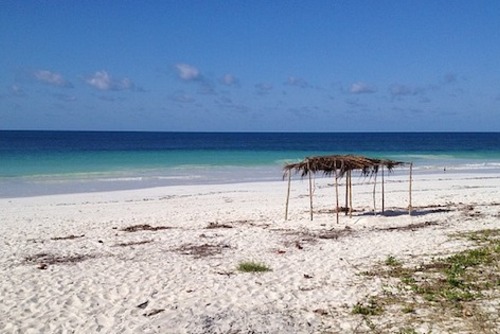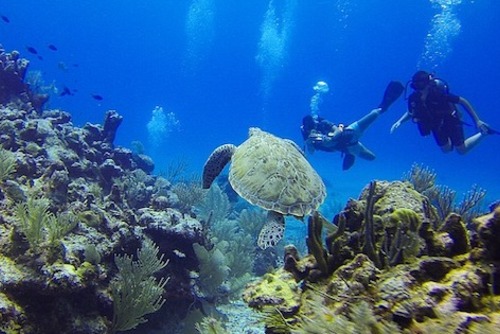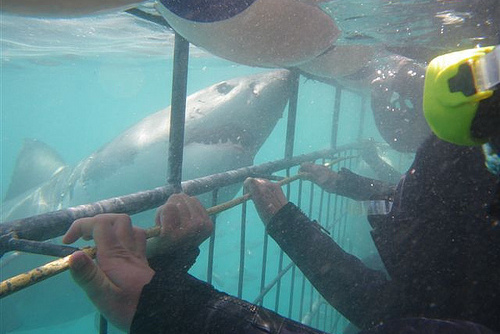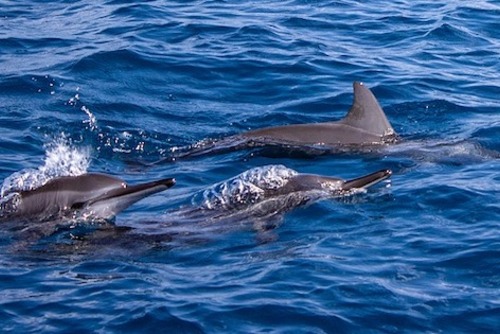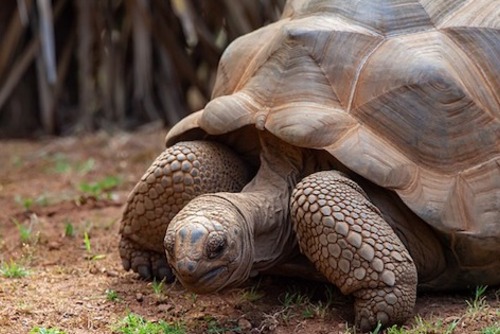Guinjata Bay, whilst home to a huge host of marine life and one of the top 10 dive sites in the world, has never been studied in depth for any prolonged amount of time.
Our goal is to achieve a Marine Protected Area for the Inhambane Province in Mozambique, and achieve higher biodiversity whilst protecting endangered species. We work with the locals to help them achieve sustainable fishing. We record data on the local artisanal catches, focussing on sharks and rays as well as conducting research concerning minimum landing size and fishing methods.
We offer a cutting edge volunteer program that gives individuals the chance to work along side our leading marine biologists helping with conservation and research. Volunteers gain experience through our research, education and fish IDing programs over the space of 4 or 5 weeks.
Volunteers are crucial to Love The Oceans’ cause and by participating in the program volunteers help to collect the first ever fisheries data in Guinjata Bay as well as building bridges with the local communities by teaching 10-11 year olds in the local schools about the importance of the marine environment
Itinerary
The itinerary is as follows:
Week 1 - Introduction to research, education and diving
In the first week volunteers will receive training for the program. There will be days in this week allocated to fisheries research, coral reef diving surveys, whale shark photogrammetry, humpback whale sightings and pod dynamics and teaching marine conservation at the local schools.
Week 2-3 - Fisheries research
Volunteers will be recording data from the local fishermen’s catches and will have a hands-on experience. This includes recording data on sharks, rays, fish and crustaceans. The volunteers will have the responsibility of logging the data after each day into the scientific logs.
Week 4 - Teaching
In this week the volunteers will attend the school Monday-Friday to help build classrooms and teach the children about sustainable fishing. They will also have the responsibility of putting together presentations that the local adult fishermen can attend and learn about the effect their fishing is having on the local area and the implications for the future.
Week 5 - Coral Reef Surveys at diving sites
Volunteers will be diving and snorkelling every day, twice a day, excluding the weekends. They will be expected to identify the fish and coral they see on the dives (after sufficient training) and will have the responsibility of logging the data into the scientific logs at the end of each day.
Week 6 - Expedition to Kruger (Optional)
In this week, the volunteers will leave Guinjata bay and travel down to Kruger National Park., South Africa. In this week they will do safari drives and bush walks and learn about the main animals, their behaviour and how to act with them in this area.


